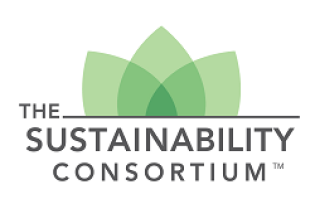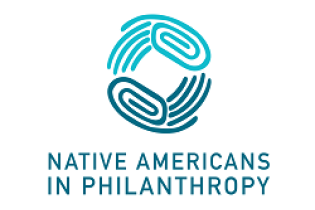Search
Federal & State Partners
U.S. Department of the Navy
The U.S. Department of the Navy has partnered with NFWF since 2020 to protect, restore, and enhance targeted native limestone forest, ravine forest, and savanna habitats in Guam to support conservation and recovery of federally listed and at-risk species.Image

Corporate Partners
The Sustainability Consortium
NFWF and The Sustainability Consortium (TSC) are collaborating to implement conservation and regenerative agricultural practices on farms across the United States. Working together with TSC’s participating members, this partnership will provide technical and financial assistance to help farmers adopt conservation practices, improve soil health, reduce greenhouse gases, and improve wildlife habitat.Image

Corporate Partners
The J.M. Smucker Co.
The J.M. Smucker Co. supports the Conservation Partners Program, which invests in projects that provide farmers with technical assistance to accelerate the adoption of regenerative agriculture principles and conservation practices on private working lands.Image

Foundation Partners
Native Americans in Philanthropy
Support from Native Americans in Philanthropy (NAP) will fund the America the Beautiful Challenge (ATBC) match requirements for awarded Native Nation projects. The ATBC requires non-federal matching funds from grantees, and the NAP contribution will cover the full match needs for these projects.Image

Foundation Partners
One Tree Planted
One Tree Planted supports longleaf pine plantings through the Longleaf Landscape Stewardship Fund.Image

Corporate Partners
Scotts Miracle-Gro Foundation
The Scotts Miracle-Gro Foundation is partnering with NFWF, the U.S. Fish and Wildlife Service and others to support work under the Monarch Butterfly and Pollinators Conservation Fund.Image

Corporate Partners
Darden Restaurants, Inc. Foundation
Through the Rocky Mountain Rangelands Program, the Darden Restaurants, Inc. Foundation and NFWF will work with conservation partners and private landowners to implement voluntary management practices designed to improve livestock productivity, restore wildlife habitat, improve water management and generate carbon benefits in the Intermountain West.Image
